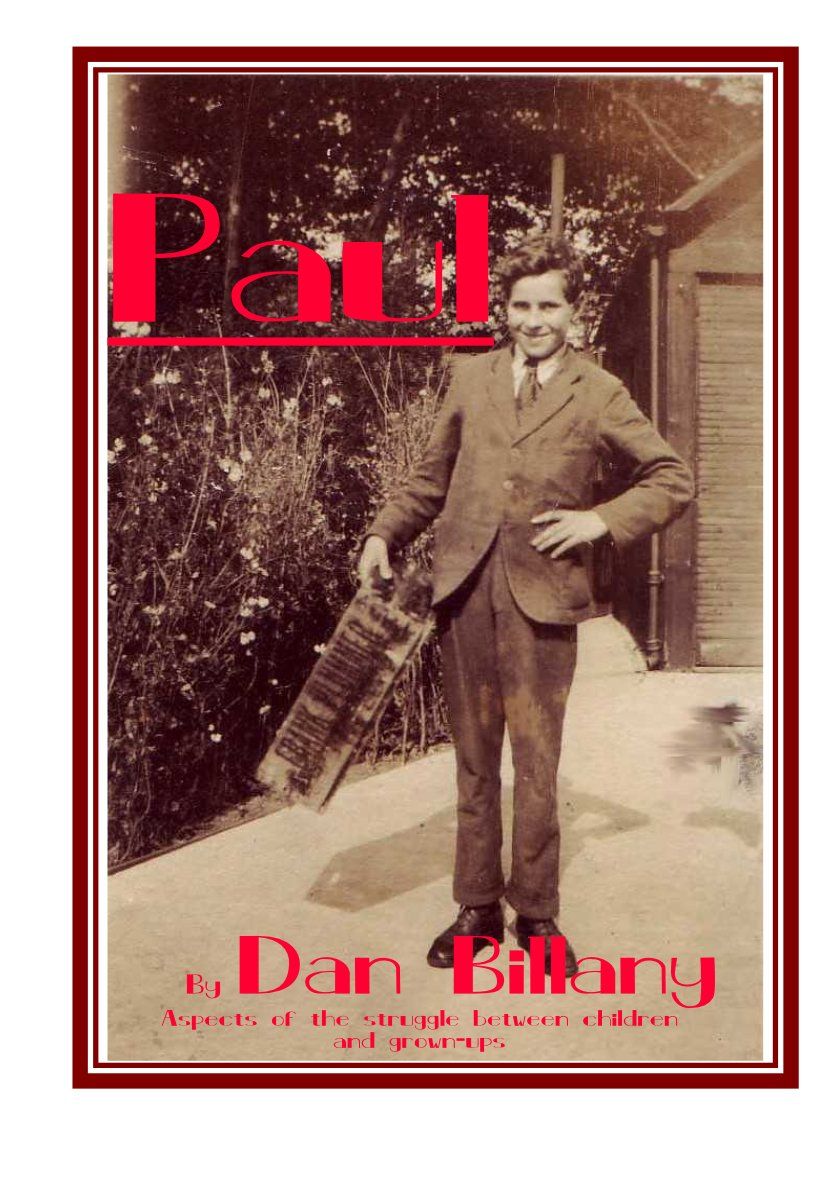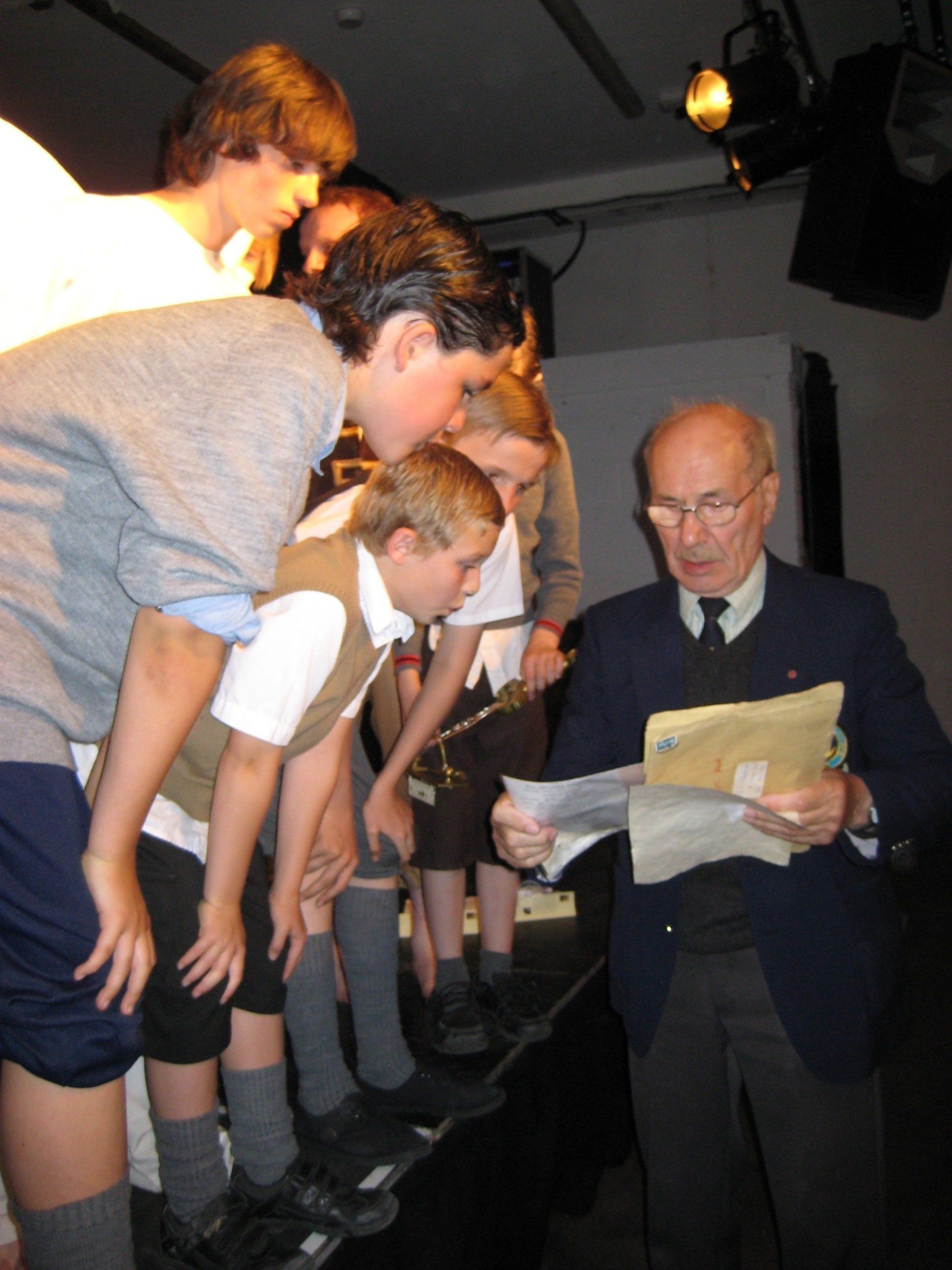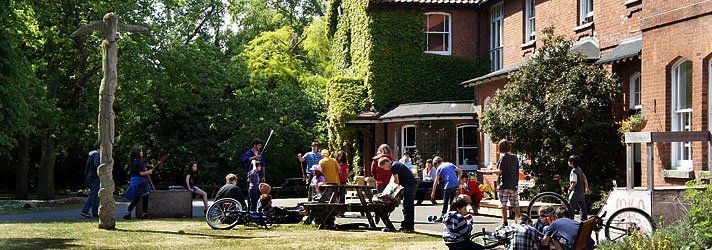This is a difficult book to define. When we first picked it up we thought it was a novel. No. The alternative title explains its purpose, and it is primarily a treatise on Education. It concerns a young man, Paul Sanderson, a trainee teacher, who is currently on teaching practice in an Elementary School. His progressive ideas on education are dramatised in a series of conversations, lessons, visits, arguments and memories of his own school days. We think it was written in 1938 when its author began his own teaching career in Hull, but no publisher was interested at the time. However now, looking back on a system of teaching which has long passed, it gives a very interesting perspective on the schools of that time. Paul says in the last chapter that at its worst the treatment of children "is a nightmare that will be the amazement of future generations". One cannot help but wonder what Dan Billany would have made of the present system.
But it is also a thinly disguised memoir. The photograph on the front cover, showing Paul as an errand boy, is a snap taken of Dan, aged fourteen, when he started his first job at Frank Plummer's vegetable and poultry shop. the story swings between Paul's current teaching experiences and his memories of childhood - the fears, games, illnesses and school days - all these vivid events being directly from Dan's own life. One can understand how excited we, his biographers, were to discover such a detailed account of his early life and experiences.Dan was an unorthodox teacher who insisted on putting his child-centred theories into practice, in spite of opposition from all quarters. And although he only taught for a two years before he joined the army and went off to war, he made a very strong impression on his pupils. We have interviewed some of them who remember his unusual lessons, his love of poetry and his masterful story-telling. Essentially, as he explains in the Foreword, it was his compassion for children that motivated him. This compassion inspired his teaching and later dominated his writing.



